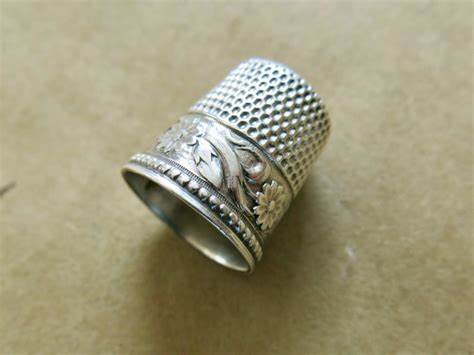Thimble or Ocean?
“It ain’t what you don’t know that gets you into trouble. It’s what you know for sure that just ain’t so.” I always attributed this to Mark Twain, the internet isn’t so sure. Ironic since my certainty would have bet everything were it a Jeopardy category.
Mistaking a thimble of knowledge for an ocean is a similar but different and both adages keep me up at night. Here’s my two cents.
-
- Thimble Metaphor: This is a quantitative observation—how little we know versus how much there is to know.
- Twain’s (Mis) Quote: This is more qualitative, ignorance isn’t the biggest risk, but conviction in false knowledge. In this world, curiosity like the cat, was killed.
The lessons are these,
- Thimble
- Avoid Overgeneralization
- Invest in Diverse Strategies
- Embrace Continuous Learning
- Twain
- Challenge Assumptions
- Theory and Data Driven Decisions
- Adaptability
 These lessons are challenging enough to deploy in a world where time seems the ultimate constraint. It gets doubly so if you feel like you’re waging a Quixotic Crusade against the Windmills of Convention.
These lessons are challenging enough to deploy in a world where time seems the ultimate constraint. It gets doubly so if you feel like you’re waging a Quixotic Crusade against the Windmills of Convention.
I draw some comfort from Thomas Kuhn, a mid-20th century physicist who argued scientific advancement isn’t a linear accumulation of facts. Instead, we operate in a single paradigm with traditional approaches until ‘best practice’ starts to produce faint outliers that build to a cacophony.
This cacophony creates a crisis requiring changing the foundational framework, you can’t simply build on the previous paradigm. Subtracting those 3 extra appeals you slotted in over the last 3 years that used to “work” is not gonna cut it. Nor is adding the latest channel to your marketing mix.
These shifts tend not to be gradual but revolutionary, involving a significant change in the understanding of the field. He invoked the concept of incommensurability, arguing you can’t compare paradigms directly because they involve different languages, standards, and worldviews. This means proponents of different paradigms may struggle to communicate or agree because they essentially see the world in different ways.
Maybe it’s more like cold comfort that I draw from him.
Kevin



the full quote about curiosity and the cat:
“Curiosity killed the cat, but satisfaction brought it back”
That rings a bell but only after you noted it. Thanks